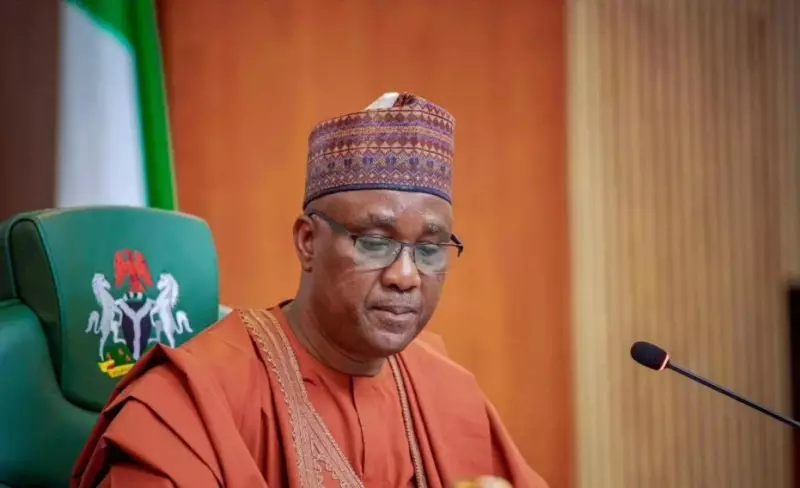
In a decisive move that could reshape Nigeria's economic and anti-corruption landscape, the House of Representatives has approved two significant measures that are generating nationwide discussion.
Major Loan Approval for Economic Revival
The lower legislative chamber has given its endorsement to President Bola Tinubu's request for a substantial $2.34 billion loan facility. This financial injection, according to government sources, is earmarked for critical infrastructure projects and economic stabilization efforts amid current fiscal challenges.
During the plenary session, lawmakers debated the loan's potential impact on Nigeria's debt profile and economic future. Proponents argued that the funds are essential for addressing pressing national needs and stimulating economic growth during this period of reform.
Expanded EFCC Powers Spark Debate
In a parallel development that has drawn significant attention, the House has empowered the Economic and Financial Crimes Commission (EFCC) with enhanced authority to seize assets suspected to be proceeds of crime—without requiring a prior criminal conviction.
This legislative amendment represents one of the most substantial expansions of the anti-corruption agency's powers in recent years. Supporters contend that this will streamline the asset recovery process and strengthen the fight against corruption.
However, legal experts and civil society organizations have expressed concerns about potential implications for due process and property rights. The new provision could significantly alter how the EFCC pursues asset recovery cases across Nigeria.
Parliamentary Proceedings and National Impact
The dual approvals came during a comprehensive legislative session where lawmakers addressed multiple items on the national agenda. The simultaneous passage of both the loan request and EFCC empowerment underscores the government's twin focus on economic recovery and anti-corruption efforts.
These developments occur against the backdrop of Nigeria's ongoing economic reforms and the administration's commitment to tackling financial crimes. The measures are expected to have far-reaching consequences for business operations, investment climate, and anti-corruption initiatives throughout the country.
As Nigeria navigates these significant policy changes, stakeholders from various sectors are closely monitoring how these approvals will be implemented and their practical effects on both the economy and governance structures.





